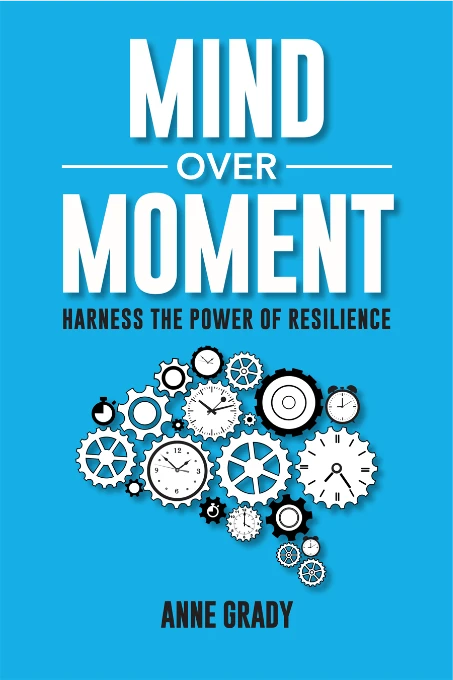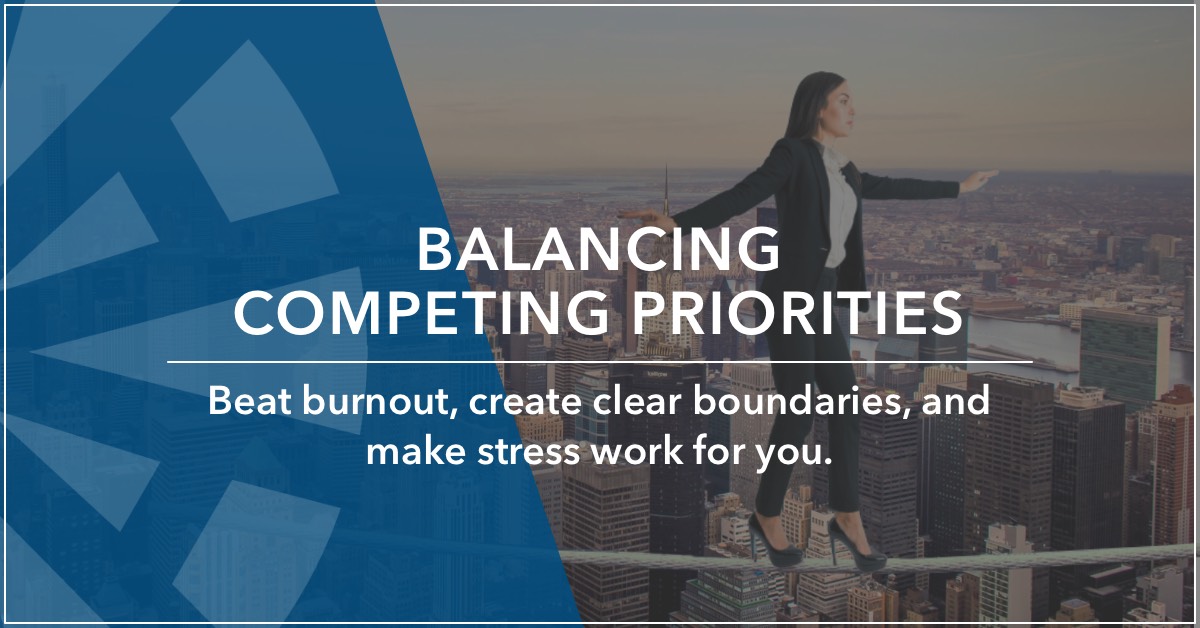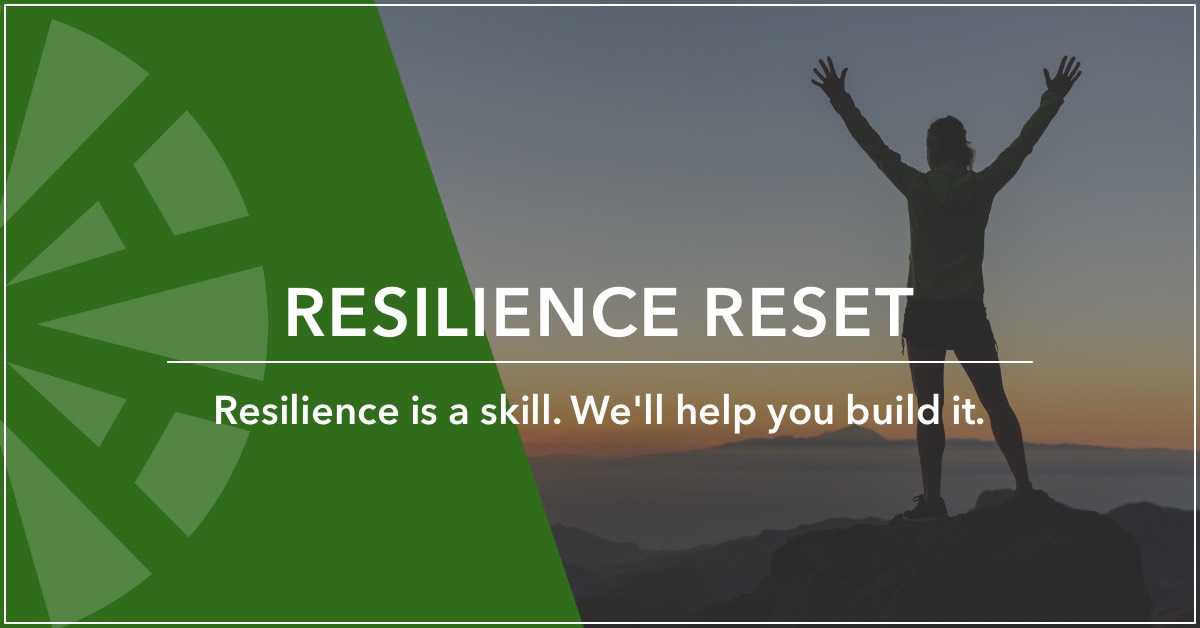Procrastinate much?
Procrastinate much?
Do You Procrastinate?
You know that task you have to do that you keep putting off? Maybe it’s a project at work, or cleaning the garage, or even having a difficult conversation. I have been procrastinating writing this post about procrastination for weeks. The irony is not lost on me.
We all procrastinate. In fact, one out of every 5 adults is a chronic procrastinator. Sometimes, we need to push things off to manage our time effectively — but if we aren’t careful, we can end up unproductive and overwhelmed.
What Is Procrastination and Why Do We Do It?
Procrastination is a sneaky little habit of delaying tasks, even when you know it’s going to cause you stress later. It is the act of putting off important tasks in favor of more enjoyable or less challenging activities. We’ve all been there, choosing Netflix over that looming work project or scrolling through social media instead of tackling the laundry.
We procrastinate because our desire to delay things overcomes our desire to act on them. We focus on short-term gratification over long-term gain. When we’re tired, hungry or stressed, this desire to delay can become even more powerful.
Sometimes we procrastinate because we don’t want our work to be criticized. Other times we have difficulty finding the motivation to do something hard. We delay. We avoid. And we end up in a negative feedback loop.
Are you a procrastinator? A few tell-tale signs:
- You wait until the last minute to begin a task with an important deadline.
- When you try to get something done, you become bored quickly or have difficulty concentrating.
- You often delay starting a new task because the mere thought of it is overwhelming.
- Your goals are unrealistic or uncertain, making it difficult to do what you need to do to.
- You delay projects out of fear that your work isn’t perfect.
- You put off scheduling appointments, doing taxes, or “adulting”.
How to Overcome Procrastination
If you are a chronic procrastinator, here are a few small steps you can take:
1. Eat Your Frog
Mark Twain once said, ““Eat a live toad the first thing in the morning and nothing worse will happen to you the rest of the day.” Think of the task you least want to do as your frog. We spend so much energy avoiding our frog, that we have no energy left to actually do it. Tackle the most challenging or unpleasant task first. Once it’s done, you’ll feel more motivated to continue working on other tasks.
2. Set a Timer
You can do just about anything for 10-minutes. Focus on 10 or 15 minute chunks of work. When the time goes off, if you’re making great progress, keep going. If not, give yourself a short break and set the timer again.
3. Break the Task Down to Smaller Steps
Large tasks can be overwhelming, leading you to avoid them. Breaking it down into manageable steps makes the task feel less daunting and gives you a sense of accomplishment as you complete each part. For example, I was procrastinating this post, so I broke it up into sections. I focused on one section at a time, making it easier to make progress.
4. Eliminate Distractions
Identify what typically distracts you—whether it’s your phone, social media, or a noisy environment— find ways to minimize these distractions. This could mean setting specific times for checking emails or working in a quiet space.
5. Do Nothing
If you find yourself procrastinating, do nothing instead of doing something enjoyable. Just sit there — no phone, no book, no distractions. Just do nothing. You might just realize that doing an uncomfortable task is better than sitting there doing nothing at all.
One of the worst parts about procrastination is that it makes us feel bad about ourselves. We shame ourselves for not being more productive, making us less motivated and more dysregulated.
Give yourself permission to be human, and don’t forget to celebrate your accomplishments along the way. After I post this, I’m going to shut down my computer, take a walk, and snuggle with my donkeys.










Stopping procrastination is important because it helps us manage our time more effectively and reduces last-minute stress. When we stop delaying tasks, we can improve our productivity and get more done in less time. It also builds discipline and a strong work ethic, which are valuable in both personal and professional life. Procrastination often leads to missed opportunities and poor performance, especially when deadlines are involved. Ultimately, overcoming procrastination boosts confidence and creates a sense of achievement. I found some informative content; you can also check it.
https://yourmentalhealthpal.com/how-to-stop-procrastination/